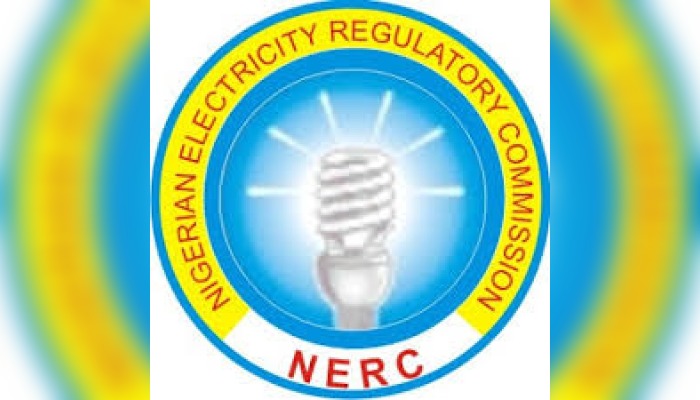Net billing regulation key to attracting private investment in power sector – NERC
The Nigerian Electricity Regulatory Commission (NERC) has said that the Net Billing Regulation is a critical tool in aligning Nigeria with emerging global standards that incentivise private investment in renewable generation while improving grid resilience.
Yusuf Ali, commissioner for Research and Data Analytics, NERC, speaking at the Public Consultation on the draft in Abuja, said that the new regulation indicates the the Commission’s resolve to build a more inclusive, participatory, and forward-looking electricity market.
The new regulation, according to the Commission seek to establish a standardised framework for the interconnection of renewable energy installations at customer premises to an electricity distribution network, thus enabling customers to export surplus power to the grid under a credit-based billing system.
Read also: Reps query NERC over ₦59bn metering funds
It also aim to provide a clear compensation mechanism for the utilisation of excess power produced by a customer with a renewable energy facility installed at its premises.
Ali also explained that the new Regulation represents an important step toward enabling prosumers—consumers who generate excess electricity to inject their surplus energy into the national grid at fair value. “This aligns Nigeria with emerging global standards that incentivise private investment in renewable generation while improving grid resilience.”
Ali highlighted that NERC is taking a new, more transparent approach by publishing a draft for public review and actively seeking feedback before finalisation.
“Stakeholders, including DisCos, NEMSA, state regulators, and development partners, have been invited to provide technical and practical insights to ensure the framework reflects market realities.
“We are not here to defend any document; this is a draft meant to evolve through robust debate. While some believe that Nigeria is not ready for this regulation, we can’t let perfection get in the way of progress,” he said.
Ali who acknowledged the contributions made towards the regulation, said that the consultation marks another milestone in NERC’s drive to develop regulatory instruments that balance innovation, safety, and affordability while positioning Nigeria for a sustainable electricity future.
These regulations is expected to come into effect on the date it is approved by a resolution of the Commission.
Also speaking, Milos Karic, head of Component, Sustainable Energy Planning and Access, of Nigerian Energy Support Program (NESP) of GIZ, commended NERC’s leadership and noted that the partnership has already supported several landmark achievements, including the Mini-Grid Regulations and the Mini-Grid Application Portal.
He added that under NESP III, GIZ is proud to support the development of the Draft Net Billing Regulation at a time when Nigeria must address grid reliability, electricity access, and renewable energy integration.
“This regulation will empower consumers to become active participants in the energy market and accelerate the adoption of renewable systems across the country. It sends a clear signal to investors and consumers alike that Nigeria is ready to embrace a more reliable and sustainable energy future,” he said.
Godfrey Ogbemudia, program manager for Energy and Circular Economy, Delegation of the European Union to the FGN and ECOWAS, also commended NERC for its leadership and vision. He emphasised that the Net Billing Regulation aligns with the EU’s Green Deal objectives and reflects global best practices adapted to Nigeria’s unique market realities.
“The EU remains deeply committed to supporting Nigeria’s clean energy agenda and working with NERC to promote a stronger market for decentralized energy projects,” he stated.

